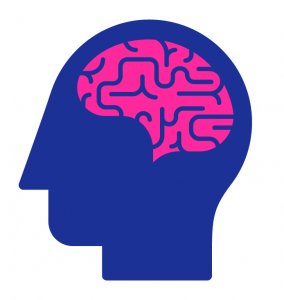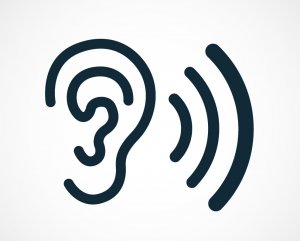Understanding Recovery
Moving into a life of recovery, not detox alone, is the point of treatment. As an employer, understanding what recovery is and is not can empower you to create and maintain a recovery-oriented workplace.

According to The Diagnostic and Statistical Manual of Mental Health Disorders, Fifth Edition, a substance use disorder is a medical illness characterized by clinically significant impairments in health, social function, and voluntary control over substance use. It makes sense, then, that treatment is not a simple one-time event, but a process that focuses on health and social function leading to recovery.
It is difficult to live in recovery if you have no purpose or meaning, if you do not have a safe place to live, if you are isolated and if you are not making informed health choices to support wellness. As an employer, providing good healthcare benefits, supporting employees through education, offering purpose and income through work, sharing community resources, and promoting a positive work environment are key to employee recovery and wellness. Listed below are four domains that support recovery and help shape effective recovery environments.

Four domains of recovery support
- Health: overcoming or managing one’s disease(s) or symptoms—for example, abstaining from the use of alcohol, illicit drugs, and non-prescribed medications if one has an addiction problem—and for everyone in recovery, making informed, healthy choices that support physical and emotional wellbeing
- Home: a stable and safe place to live
- Purpose: meaningful daily activities, such as a job, school, volunteerism, family caretaking, or creative endeavors, and the independence, income, and resources to participate in society
- Community: relationships and social networks that provide support, friendship, love, and hope